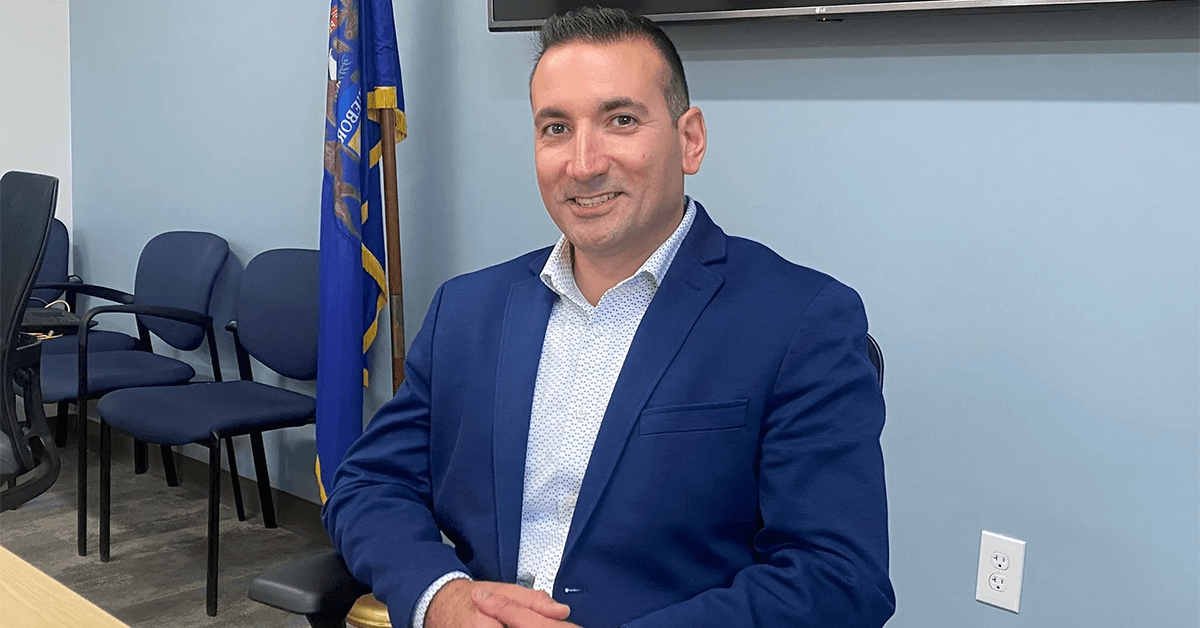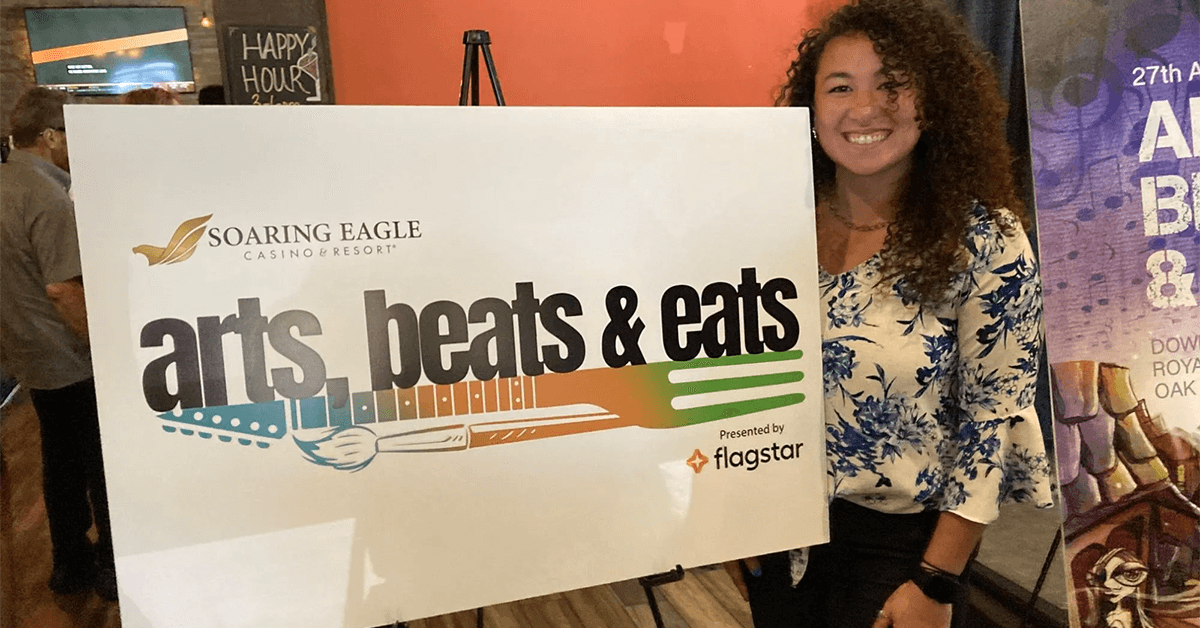The Impact of Cannabis Legalization on Michigan's Glassmaking Culture

Last weekend, glass enthusiasts from across Michigan convened in Detroit for the Michigan Glass Project, a festival celebrating the state's rich glassmaking culture, which has a strong connection to the cannabis community. Although I couldn't attend this year, the event sparked nostalgia for the head shops of the past.
Before the legalization of medical and recreational cannabis, finding quality bongs and pipes was a challenge. Options were limited to a few sketchy gas stations offering a small selection of foreign-made, mass-produced bowls and plastic bongs. For higher-quality pieces, one had to venture to head shops like In Flight Sports, Su Casa Boutique, or Krazy Katz, all of which have since closed.
You might wonder why these longstanding head shops have closed despite the growing acceptance and use of cannabis. The answer lies in the influx of wealthy investors into the cannabis accessory market, mirroring the broader trends in the cannabis industry. Legalization has rapidly changed laws and attitudes, attracting large-scale operators to a market once dominated by small, local businesses.
In the not-so-distant past, selling bongs could lead to jail time. Cannabis pioneer Tommy Chong was infamously imprisoned for selling bongs and other cannabis accessories online just two decades ago. Back then, the accessory market was fraught with risks that deterred deep-pocketed businesses. Local head shops, often run by cannabis enthusiasts, were among the few places where accessories could be purchased, with products labeled as "novelties" or "for tobacco use only" to avoid legal trouble.
As the legal cannabis market expanded, the risks diminished, and the technology and delivery methods for both cannabis and tobacco evolved significantly. The rise of vaping transformed the landscape, with consumers shifting from cigarettes to vapes, leading to a surge in vape shops that soon began stocking cannabis accessories. Chains like Wild Bill's have proliferated across the state, bolstered by the increasing popularity of vaping and cannabis. Simultaneously, cannabis dispensaries have emerged, also selling accessories and glass.
This shift has made it difficult to find locally made glass unless you connect with artists directly through social media. Corporate chains and large cannabis dispensaries have largely replaced mom-and-pop shops. Before legalization, a vibrant community existed around cannabis, with local glass artists showcased in head shops, fostering a sense of pride in owning high-quality, locally-made glass. These shops also played a crucial role in educating consumers about good glass quality and functionality. Today, much of this knowledge and passion has been lost.
This trend is not unique to Lansing. In Grand Rapids, only two mom-and-pop head shops that existed before legalization remain. The growth of the cannabis industry has pushed local operators out of the accessory market. It's a significant loss, and consumers are encouraged to support local shops when purchasing glass. In the Lansing area, options are limited but include Level Up Smoke Shop in Frandor and La Casa Del Rew in Old Town. These shops often offer products at comparable prices to mass-produced glass, supporting individuals who have long been valuable resources to the cannabis community.
Michigan's Brian Hanna Elected to National Cannabis Regulatory Board

Brian Hanna, the executive director of Michigan's Cannabis Regulatory Agency, was recently elected to the Cannabis Regulators Association (CANNRA) 2024-2025 Executive Board.
CANNRA is a nonpartisan, nonprofit organization comprising government agencies that regulate cannabis and cannabinoid activities across more than 45 states and U.S. territories, as well as Canada and the Netherlands. Board members must be active government regulators from a CANNRA-member jurisdiction and are elected to serve a one-year term by designated Voting Members from each member state or jurisdiction.
"Michigan has been involved with CANNRA since its inception, and I am honored to have been elected to the executive board," said Hanna. "Michigan has both contributed to and benefited from the vast exchange of information with other states through CANNRA. I look forward to collaborating with my fellow board members to support government agencies across the country engaged in the cannabis industry."
The newly elected board includes:
- President: Dominique Mendiola, Senior Director, Marijuana Enforcement Division, Colorado Department of Revenue
- Treasurer: Adria Berry, Executive Director, Oklahoma Medical Marijuana Authority
- Board Member: Kirsten Davis-Franklin, Deputy Cannabis Regulation Oversight Officer of Legislation and Policy, Illinois Department of Financial and Professional Regulation
- Board Member: Nicole Elliott, Director, California Department of Cannabis Control
- Board Member: Brian Hanna, Executive Director, Michigan Cannabis Regulatory Agency
- Board Member: Amy Moore, Director, Division of Cannabis Regulation, Missouri Department of Health and Senior Services
- Board Member: Andrew Turnage, Executive Director, Georgia Access to Medical Cannabis Commission
- Past President: Will Tilburg, Director, Maryland Cannabis Administration
"Our board represents regulators overseeing a diverse array of cannabis policies," stated Dr. Gillian Schauer, Executive Director of CANNRA. "They are well-equipped to help CANNRA effectively serve our diverse membership in the U.S. and internationally."
The election took place at a CANNRA Business Meeting on June 3rd, followed by CANNRA's External Stakeholder Meeting on June 4-5 in Minneapolis, MN. The event hosted 100 regulators from over 35 jurisdictions and nearly 200 other stakeholders from various national and international organizations.
Debate Intensifies Over Cannabis Billboard Proliferation in Detroit

Billboards advertising cannabis dispensaries have become a common sight along Michigan's highways and city streets. This influx of cannabis advertisements has prompted at least one Detroit elected official to propose significant changes.
Detroit City Councilwoman Angela Whitfield Calloway has instructed the city's Law Department to draft an ordinance that would either ban or restrict further cannabis advertising on billboards within the city limits.
Soaring Eagle Arts, Beats and Eats Festival Returns with Cannabis Collaboration and Expanded Activities

Organizers of the Soaring Eagle Arts, Beats and Eats festival in the Detroit area have announced key highlights for this year's four-day event over Labor Day weekend, including the return of the House of Dank cannabis sales and consumption area.
This year, the festival marks the beginning of a collaboration between House of Dank and Baker College, launching an educational certificate program aimed at preparing students for employment in the legal cannabis industry.
House of Dank and the Arts, Beats and Eats festival, held in Royal Oak, Oakland County, gained national attention last year for introducing cannabis sales and consumption at the event.
Mike DiLaura, Chief Corporate Operations Officer and General Counsel for House of Dank, emphasized the uniqueness of this initiative. "Nobody has done anything like this across the country," DiLaura stated. He noted that this year's secure cannabis area would also host some celebrities.
At a recent press conference in Royal Oak, DiLaura announced, "We will work with Baker College on their new cannabis programs. There are all sorts of jobs up and down this industry."
The cannabis industry, encompassing both recreational and medical sectors, is valued at several billion dollars.
Kelley Suggs, Public Relations Manager for Baker College, which has a campus on South Lafayette, revealed that the college will offer three certificate programs in cannabis retail, cultivation, and product development. "As the cannabis industry continues growing at an unprecedented rate, the demand for skilled professionals is higher than ever," Suggs said. She highlighted that the partnership with House of Dank aims to bridge the gap between education and employment.
Event producer Jon Witz underscored the significance of the city- and state-approved cannabis area, noting it was the first of its kind at such a large-scale event. "You could not smell the cannabis smoke," Witz explained. "People who wanted to enjoy the product could, and those who didn't, didn't know it was there." Witz praised House of Dank for bringing "one of the most creative activations" to the festival.
Witz also shared a personal testament to cannabis use, explaining that he opted for cannabis over prescription narcotic painkillers following a serious bicycling accident last year, which resulted in 10 broken ribs, a collapsed lung, and other injuries.
The festival will announce its headlining musical acts in late July, with Witz adding that the event will feature 150 local bands.
Last year, the festival attracted 345,000 attendees and raised over $386,000 for local charitable organizations. David Woodward, Chairman of the Oakland County Board of Commissioners and a Royal Oak resident, acknowledged the festival's positive impact. "The county has been a steadfast supporter of Arts, Beats and Eats," he said. "Arts, Beats and Eats has generated $7.3 million for community and charitable groups since it began."
While Witz did not reveal the headlining acts for this year's festival, he hinted cryptically during a TV interview that one of the headliners "resembles what I'm doing now," while looking into the camera.
Michigan YouTuber Takes on 500mg Edible Golf Challenge

In a surprising and somewhat cautionary tale, Michigan YouTuber "Road Trip Rolls" embarked on a journey to consume 500mg of cannabis edibles and then play a full round of golf. Known for combining cannabis and golf on his channel, Road Trip Rolls is a high-tolerance cannabis user and a reasonably skilled golfer, at least from what his videos suggest. His content predominantly features him golfing under the influence.
By the time he produced his most recent video, he had already tackled challenges such as the 250mg edible challenge and the "One Bong Hit=One Mulligan" challenge. This latest endeavor, however, aimed to double his previous edible consumption to 500mg before attempting to complete a full round of golf.
Road Trip Rolls set an ambitious goal: to play a sub-90 game while under the influence of 500mg of edibles, a dosage he humorously claims could "take down a bull elephant." His previous 250mg episode ended impressively, but the 500mg challenge was poised to be his most daunting yet.
The episode begins with a visit to Lume Dispensary in Kalkaska, Michigan, where he stocks up on snacks. He then heads to Grandview Golf Club, ready to keep his score as close to 90 as possible. Before even starting his round, he consumes 200mg of edibles. By the 8th hole, he reaches the 500mg mark, already shooting +10.
The feat is astonishing. Despite the heavy dosage, Road Trip Rolls manages to remain standing and continues to play. The back nine proves more challenging, but he ultimately completes the round.
Whether he achieves his goal of a sub-90 game remains a mystery to those who haven't watched the episode, which can be viewed below.
[youtube=IvixCNIOrNM]
Waterford Trustees to Discuss Extension for New Cannabis Provisioning Center

Waterford Township currently hosts three cannabis outlets and has approved licenses for three additional ones. Among these new enterprises is DNVK 1, which has encountered delays in opening its medical marijuana provisioning center at 2460 Dixie Highway.
Despite being granted an extension last October to ensure the site would be construction-ready by December 31st, 2023, and completed by this month, DNVK 1 has faced significant obstacles. The company has applied for a two-year extension for the demolition and construction phases, citing difficulties in gaining access to the property.
The property, known as the Sherwood Motel, has been functioning as an apartment building. DNVK 1's co-founder, Marvin Karana, explained in an appeal that the owner has struggled to lawfully and timely vacate and evict tenants from the premises.
Supporting DNVK 1's extension request, Sherwood Motel owner Mehangkumar Patel indicated that it would take a minimum of four months to issue 30-day notices to the tenants and proceed with the necessary District Court actions.
Waterford Township trustees are scheduled to discuss this issue further during a study session at 4 p.m. on Monday, June 24th, in Conference Room 3-2 of the township hall. This will be followed by a business meeting at 6 p.m. in the township hall auditorium located at 5200 Civic Center Drive, Waterford. The full agenda for the meeting is available online here.


 Helpful Links
Helpful Links